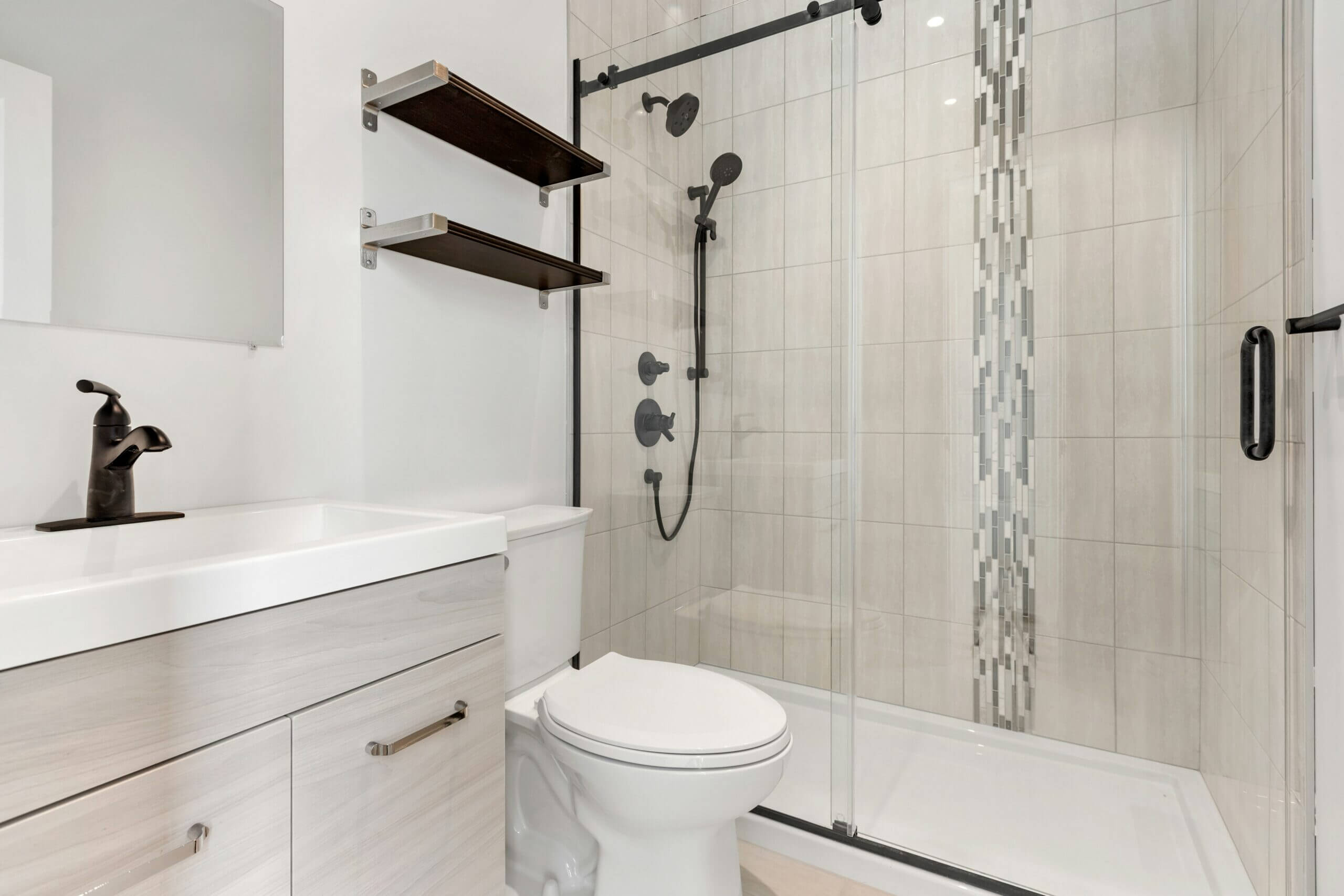Bathroom Plumbing Basics: Top Tips for First-Time Home Buyers
Bathroom Plumbing Basics: Top Tips for First-Time Home Buyers
Blog Article
The content down the page on the subject of Smart Plumbing Tips for New Homeowners is truly attention-grabbing. Check it out for your own benefit and see what you think about it.

For new home owners, understanding and preserving restroom pipes can save both time and money by preventing costly problems down the line. Below are some vital shower room plumbing tips to aid you maintain everything running smoothly.
Get Ready For Winter
Safeguard your pipelines from freezing throughout winter by insulating pipes in unheated areas like basements, attics, and garages. Throughout severe cool, let cold water drip from faucets offered by subjected pipelines to aid prevent freezing.
Set Up Regular Upkeep
Consider organizing annual evaluations with an accredited plumbing. They can spot problems that you could miss, such as hidden leaks or deterioration on pipelines and fixtures. Normal upkeep assists expand the life of your pipes system and can stop emergency situations.
Familiarize Yourself with the Key Shut-Off Shutoff
Recognizing where the main water shut-off shutoff lies in your home is critical. This allows you to promptly shut off the water in case of major leaks or during pipes emergencies, protecting against comprehensive water damages.
Regularly Evaluate for Leaks
Little leaks can bring about huge problems. Regularly inspect under sinks, around toilets, and near pipes fixtures for any type of indications of leaks. Seek wetness, little drips, or corrosion. Capturing and fixing leakages early can prevent more serious damages and conserve water.
Maintain Your Water Heater
Ensure your hot water heater is readied to a suitable temperature (usually around 120 levels Fahrenheit) to avoid hot and lower energy use. Flush the container every year to eliminate debris build-up, which can minimize the effectiveness and life-span of your heater.
Upgrade Your Components
If your home has older fixtures, think about updating to a lot more reliable versions. Modern bathrooms, showerheads, and taps are designed to utilize much less water while giving good pressure, which can substantially decrease your water bill and environmental impact.
Be Cautious with DIY Plumbing Fixes
While it's tempting to deal with all home fixings by yourself, be cautious with pipes. Some problems may need expert proficiency, especially if they involve primary water lines or sewage system repair services. Employing a specialist can often be much more cost-effective than do it yourself, especially if it avoids further damage.
Don't Neglect Slow Drains
If your sink or tub is draining slowly, it's commonly a sign of a blockage developing. Resolving this early can prevent a full obstruction. Utilize a bettor or a plumbing's snake to clear out debris. Stay clear of utilizing chemical drain cleansers as they can damage your pipes in time.
Know What Not to Flush
Commodes are not waste disposal unit. Avoid flushing anything besides toilet tissue and human waste. Things like wipes, womanly health products, and cotton swabs must be gotten rid of in the trash to stop blockages and sewage system backups.
Install Strainers in Drains
Location strainers in your sink and bathtub drains to capture hair and other particles before they enter your pipes system. Cleaning the filters regularly will assist prevent buildup and keep water flowing easily.
Conclusion
Recognizing and keeping your home's bathroom pipes can protect against numerous typical concerns. By adhering to these important ideas, you can ensure your shower room remains practical and efficient, conserving you time and money in the long run.
Essential Plumbing Tips for Homeowners: Keep Your Pipes Flowing Smoothly
As a homeowner, understanding the basics of your plumbing system can save you time, money, and a lot of headaches. Plumbing issues can range from minor annoyances like dripping faucets to major problems like burst pipes that cause significant damage. This guide provides essential tips to help you maintain your plumbing system and tackle common issues.
Understanding Your Plumbing System
Supply System: Brings fresh water into your home from a municipal source or a well. Drain-Waste-Vent System: Removes wastewater and vents sewer gases outside. Fixtures and Appliances: Includes sinks, toilets, showers, dishwashers, and washing machines. Basic Maintenance Tips
Regular Inspections: Periodically check for leaks, corrosion, and other signs of wear and tear. Look under sinks, around toilets, and near water heaters. Know Your Main Shut-Off Valve: In case of a major leak, you’ll need to shut off the water quickly. Ensure everyone in your household knows where the main shut-off valve is located. Prevent Frozen Pipes: In cold climates, insulate exposed pipes and let faucets drip during extreme cold to prevent freezing. Use Strainers: Install strainers in sinks and tubs to catch hair, food particles, and other debris that can cause clogs. Common Plumbing Issues and Solutions
Clogged Drains:
Prevention: Avoid pouring grease down the drain and use drain screens to catch debris. DIY Fix: Use a plunger or a plumbing snake to clear minor clogs. For stubborn clogs, a mixture of baking soda and vinegar can sometimes help. Leaky Faucets:
Prevention: Replace washers and seals regularly. DIY Fix: Turn off the water supply, disassemble the faucet, and replace worn parts.

Call Today Report this page